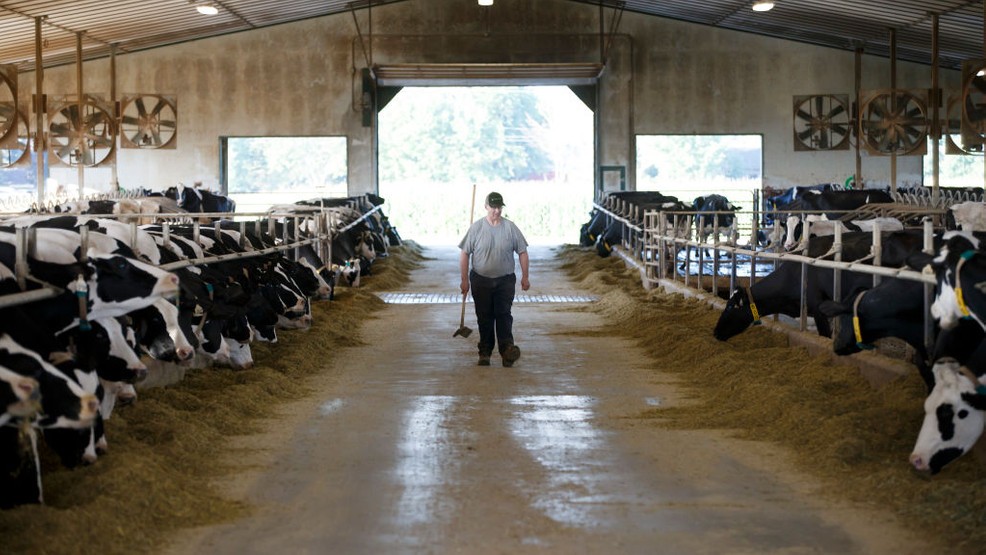The plea comes as the dairy industry has faced challenges during the COVID-19 pandemic, forcing many to dump milk since consumer, school, and restaurant demand had dropped.
The ADC is calling on the U.S. Department of Agriculture (USDA) and U.S. Department of Health and Human Services (HHS) to listen to the concerns of farmers before publishing the Dietary Guidelines for America (DGA) which sets policies. The DGA -published once every 5 years- is set for another publication and could continue its stance regarding saturated fatty acids.
According to the DGA, there is “strong evidence” which demonstrates “diets lower in saturated fatty acids and cholesterol during childhood result in lower levels of total blood and low-density lipoprotein cholesterol throughout childhood, particularly in boys.” Given the recommendations specify childhood, the American Dairy Coalition says these policies influence public policy including WIC, SNAP, school programs, and hospital nutritional programs.
“Despite an abundance of science that demonstrate that full-fat dairy products reduce chronic disease in children and adults and promotes learning readiness in children, the DGA continue to set caps on saturated fats, effectively banning whole milk from daycares and school nutrition programs,” the DGA says.
The organization has sent letters to the heads of the USDA and HHS, asking them to intervene and delay the publication of the new DGA since it would set the tone for another five years. They also add the most recent evidence shows there are health benefits to saturated fats. ADC points to reports from The Nutrition Coalition (TNC), a non-profit, non-partisan educational organization focused on U.S. nutrition. In June, the organization cited a study published in the Journal of the American College of Cardiology which found recommendations to limit saturated fatty acid intake has “persisted despite mounting evidence to the contrary.”













